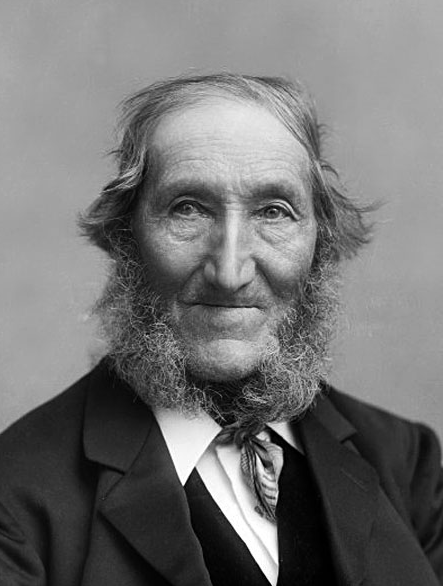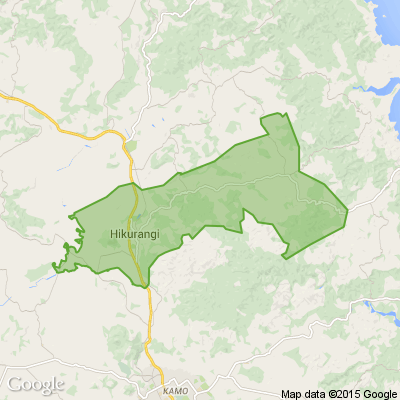Is Something Good because we say it is good, or is something good independent of what we think about it?
I’m starting a new thread here because an issue arose that has not been explored in relation to David Arlidge’s recent discussion: Is marriage dead as a social institution? Or is there an elephant in the room?
The reality that, as David pointed out, this institution has held such a great influence on human culture over such a vast period of history and over such diverse cultures cannot reasonably be denied. What also cannot reasonably be denied is the reality that at least in our culture, and perhaps that of wider Western civilization this institution is rapidly losing favour as a social more.
David’s view, (as is mine, though for different reasons) is that this was not a good thing.
And I think it might be fair to say that, just as the first black President of the United States was ushered in as a defining moment of racial equality in American politics, so too in New Zealand we have reached a pivotal moment in our own political history.
While we may be basking in the sunshine of sexual equality having our third female Prime Minister, we no doubt have moved firmly still further into liberal ideology having our first Prime Minister who is both unmarried and expecting her first child. I think that David’s thread amply demonstrated that people observed this as a good thing. That this was a sign of a moral “coming of age” when a political leader could accomplish the pinnacle of political aspirations, and remain unmarried, and all without censure or misgivings by any group with political clout. Those who responded to the thread seem to reflect the views of the wider population at least according to media portrayal.
What hasn’t changed is that we still universally describe these changes in terms of being “good” or “better” or “worse” or “bad”. In other words we still recognize these changes as questions of moral significance.
The question of how we arrive at whether something is good or bad is the question I would like to explore in this thread. I hope this strikes you as an important question. If the question of marriage assumes such importance, then surely a question of our basis for all moral questions must assume value an order of magnitude greater again? If it is important to give a hungry man a fish, who tomorrow will be hungry again, is it not so much more important to teach him how to fish! I think sometimes our reaction to this is: “Well to marry or not to marry is immediately available to my experience, the question of our basis for morality is so esoteric, so beyond what I’m used to thinking about, I don’t think I can participate, I’m not qualified nor interested.” Just remember that the law chooses a jury of ordinary people who have a sense of civic duty to decide the fate of alleged murderers who stand to lose their freedom for a very long time. Well I hope this topic will be of interest, and not at all out of reach.
To that end, I want to comment on some things which were missed in the previous discussion, so first some housekeeping:
What workplace change would you like to see most?
This coming Monday is Labour Day in New Zealand. This public holiday marks when the eight-hour workday and 48-hour workweek became law in 1899. The idea started with Samuel Parnell, a carpenter in Wellington, who in 1840 refused to work more than eight hours a day. Since skilled workers were in short supply, his employer had to agree.
As more skilled workers arrived, employers tried to change working conditions, but Parnell and others kept pushing for better rights. In 1890, Parnell led a Labour Day parade of 1,500 people to promote the eight-hour day. He passed away shortly after, and nine years later, Labour Day became an official public holiday.
Do you feel that we have reached the ideal in working environments yet? What rights are you passionate about relating to employment? Share your thoughts!

Your Daily Brain Workout: Ready to Riddle?
What is 3/7 chicken, 2/3 cat, and 1/2 goat?
Do you think you know the answer to our daily riddle? Don't spoil it for your neighbours! Simply 'Like' this post and we'll post the answer in the comments below at 2pm.
Want to stop seeing riddles in your newsfeed?
Head here and hover on the Following button on the top right of the page (and it will show Unfollow) and then click it. If it is giving you the option to Follow, then you've successfully unfollowed the Riddles page.

Six tips for improving security around your home
1) Improve outdoor lighting
Ensure that streets, driveways, and front yards are well-lit. Motion-sensor lights around homes deter trespassers by reducing hiding spots and illuminating their movements.
2) Trim your trees
Overgrown shrubs and trees provide cover for intruders. Keeping them well-trimmed around windows and doors improves visibility and reduces potential hiding spots.
3) Secure Entry Points
Ensure doors, windows, and gates are always closed when you are away from the house. Upgrade to more secure locks, deadbolts, or even smart locks for added protection.
4) Add a security camera
Place security cameras in the main entry points to your home. Doorbell cameras are also relatively cheap and a great way to keep track of who is visiting your home when you aren't there.
5) Start a Neighborhood Watch Program
You could reach out to members on Neighbourly to form a group of neighbors who can regularly keep an eye out for suspicious activity and report it. You could also check with Neighbourhood Support to see what is existing in your area.
6) Introduce yourself to your neighbours
The closer you are to your neighbors, the more likely they’ll notice when something unusual or suspicious is happening around your property
Feel free to share anything that you do around your area to deter crime.








 Loading…
Loading…














